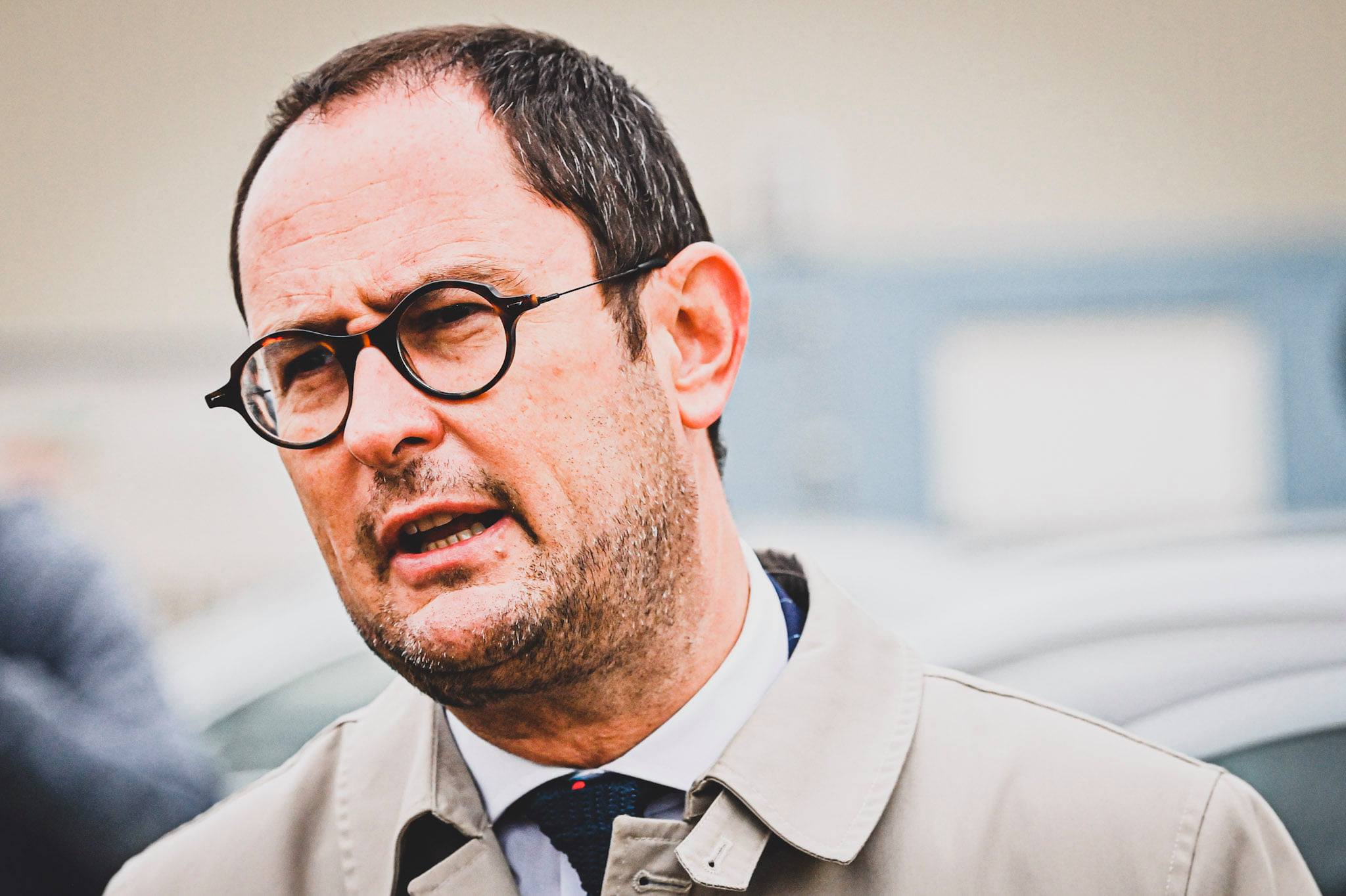
Belgium’s Minister of Justice Vincent Van Quickenborne has withdrawn the recognition of the Moslimexecutief, a body representing the country’s Muslims. It is the culmination of a process that started in February this year. According to De Tijd, the decision paves the way for a new one to take its place.
Van Quickenborne of the Open VLD party and the Moslimexecutief have been locking horns since his appointment in 2020. Last year, the organization came under increased scrutiny after a report by State Security was leaked; in it, an “important role” was attributed to the Sultan Ahmet mosque in the spread of extremist ideas. It so happened that the chairman of the Moslimexecutief, Mehmet Üstun, was in charge of that mosque. Such links to possible extremist influences, foreign interference, and the absence of female representation became critical areas of concern.
Noting this, Minister Van Quickenborne then demanded—in exchange for a subsidy to the tune of €500,000 each year—thorough reforms, in order to achieve an “inclusive, pluralistic, representative, and transparent body.” He also urged more work be done so that a more modern, Belgian version of Islam could be established—sans foreign influences from countries such as Morocco or Saudi Arabia. The Muslim group presented proposals for reform in February, but these did not go far enough for Van Quickenborne. Subsequently, relations between Van Quickenborne’s department and the Muslim body soured and made further negotiations onerous. It was then that a formal procedure for the body’s recognition to be withdrawn was initiated.
Besides its clinging to its own way of doing things, the Moslimexecutief is to be faulted for “improper management,” according to Van Quickenborne. To buttress his argument, he cited the fact it had not organized elections for over 2.5 years, even though the current board of directors’ mandate had long expired. Even more noteworthy, was the fact that the board had not even met since October 2019.
“I have never experienced such amateurism,” Van Quickenborne told De Tijd. “And this for a body that plays a crucial role for the Muslim community in our country. It deserves better. That is why I have decided to withdraw the recognition. With this, we want to pave the way for a representative, transparent, and professional Muslim executive. Until there is, no more subsidies will be paid.” The subsidies for this year had already been scrapped.
In an interview with public radio channel Radio 1, Van Quickenborne elaborated on his decision, which he “did not make overnight.” Yet, in view of the evidence in front of him, he came to realize that “it is over, there is no innovation, there are no elections. Then you have to take this step.”
The minister went on to emphasize that after this withdrawal of recognition and funds, no vacuum has arisen and that the rights of local faith communities are still being observed.
Flemish rightist party Vlaams Belang issued a press release, in which it hailed the decision as a step in the right direction. Yet it decried the fact that any government money goes towards the funding of the Islamic faith, instead arguing that Belgium stop recognizing Islam entirely. This way “all government funding for that religion disappears and Islamization is no longer supported by Flemish tax money,” Kathleen Bury, a representative in Belgium’s Federal Parliament, said.
The Executief van de Moslims van België (EMB), also known as the Moslimexecutief, described itself as “the body that represents the Islamic worship of Belgium” and as “the official interlocutor of the Islamic community of Belgium with the Belgian government.” In 1999 the body was officially recognized as the one organization to represent all the country’s Muslims.
In practice, it was primarily an administrative body, as it guided people in their training to become teachers of the Islam faith and oversaw the teaching of the religion in schools. It also assisted mosques in applying for recognition, supervised the administrative management of recognized local Muslim communities, and provided cemeteries for Muslims.
It was also well-known for speaking out on behalf of the Muslim community on such controversial issues as the ritual slaughter of animals.
